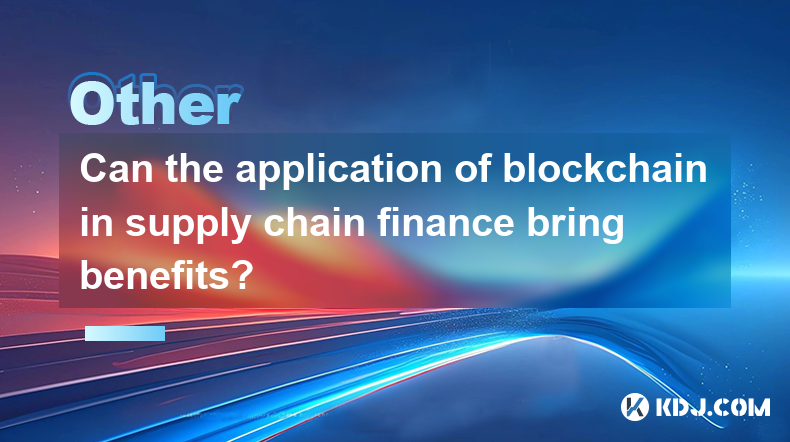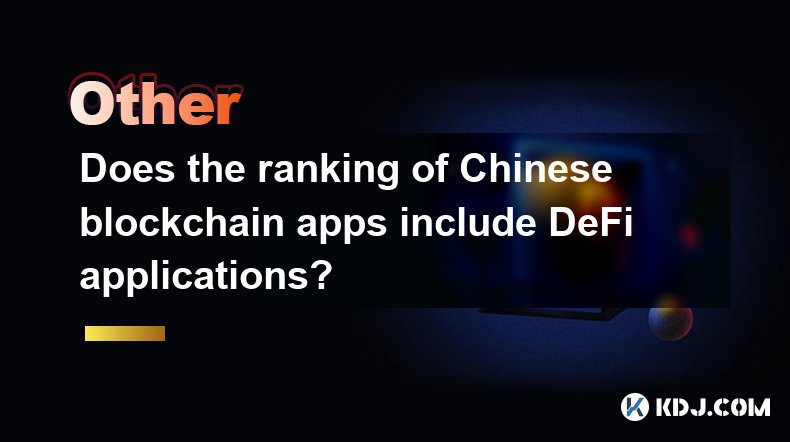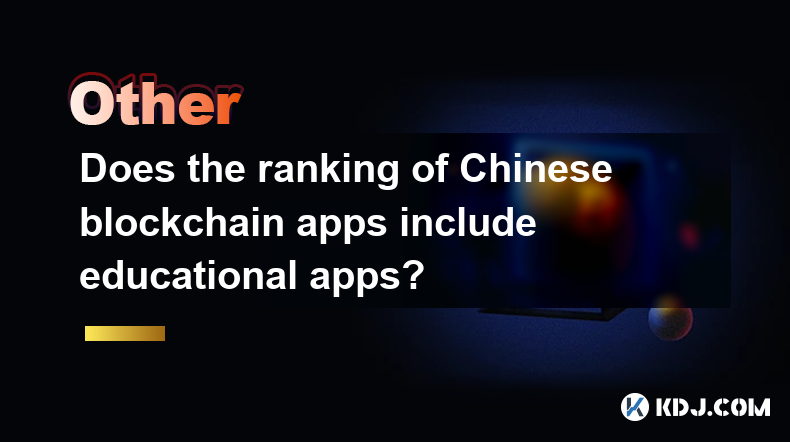-
 Bitcoin
Bitcoin $84,993.8786
0.34% -
 Ethereum
Ethereum $1,599.9353
1.27% -
 Tether USDt
Tether USDt $0.9999
-0.01% -
 XRP
XRP $2.0813
0.78% -
 BNB
BNB $592.4105
0.82% -
 Solana
Solana $138.1937
3.17% -
 USDC
USDC $1.0000
0.00% -
 Dogecoin
Dogecoin $0.1589
2.71% -
 TRON
TRON $0.2413
-1.55% -
 Cardano
Cardano $0.6307
2.60% -
 UNUS SED LEO
UNUS SED LEO $9.3881
1.71% -
 Chainlink
Chainlink $12.8366
1.65% -
 Avalanche
Avalanche $19.2740
1.26% -
 Stellar
Stellar $0.2445
1.24% -
 Toncoin
Toncoin $2.9868
-0.07% -
 Shiba Inu
Shiba Inu $0.0...01221
3.10% -
 Hedera
Hedera $0.1669
0.87% -
 Sui
Sui $2.1351
1.39% -
 Bitcoin Cash
Bitcoin Cash $336.8750
2.70% -
 Hyperliquid
Hyperliquid $18.0804
6.57% -
 Polkadot
Polkadot $3.7246
1.15% -
 Litecoin
Litecoin $76.4144
1.52% -
 Dai
Dai $0.9999
0.00% -
 Bitget Token
Bitget Token $4.4597
2.23% -
 Ethena USDe
Ethena USDe $0.9992
0.00% -
 Pi
Pi $0.6437
5.71% -
 Monero
Monero $212.9449
-1.50% -
 Uniswap
Uniswap $5.2448
1.29% -
 Pepe
Pepe $0.0...07289
2.88% -
 OKB
OKB $50.8316
2.01%
How to achieve data privacy protection in blockchain development?
Blockchain developers use zero-knowledge proofs, ring signatures, homomorphic encryption, off-chain storage, and confidential transactions to enhance data privacy and security.
Apr 15, 2025 at 05:00 pm

Achieving data privacy protection in blockchain development is a critical aspect that developers and organizations must consider to ensure the security and confidentiality of user data. Blockchain technology, by its nature, is transparent and immutable, which can pose challenges when trying to protect sensitive information. This article will explore various methods and techniques used to enhance data privacy within blockchain systems, ensuring that users' personal and financial information remains secure.
Understanding the Basics of Blockchain Privacy
Before delving into the specific techniques for enhancing privacy, it's essential to understand the inherent privacy issues within blockchain technology. Traditional blockchains like Bitcoin and Ethereum are designed to be public and transparent, meaning all transaction data is visible to anyone who accesses the blockchain. This transparency is beneficial for verifying transactions and maintaining trust in the system, but it can also expose sensitive information.
For instance, in Bitcoin, while the identities of users are pseudonymous, it is possible to trace transactions back to individuals through sophisticated analysis techniques. This raises concerns about privacy and security, especially in applications that handle sensitive data such as healthcare records or financial transactions.
Implementing Zero-Knowledge Proofs
One of the most promising solutions for enhancing privacy on the blockchain is the use of zero-knowledge proofs (ZKPs). ZKPs allow one party to prove to another that a given statement is true without revealing any information beyond the validity of the statement itself. This cryptographic technique can be used to verify transactions on the blockchain without exposing the details of those transactions.
- Choose a ZKP protocol: Select a suitable zero-knowledge proof protocol such as zk-SNARKs or zk-STARKs, depending on your specific needs.
- Integrate the protocol: Implement the chosen protocol into your blockchain platform. This typically involves modifying the consensus mechanism to support ZKP-based transaction validation.
- Test and validate: Thoroughly test the implementation to ensure it functions correctly and provides the desired level of privacy.
By using ZKPs, blockchain developers can create systems where transactions are verified and validated without revealing the actual data, thereby enhancing user privacy.
Utilizing Ring Signatures
Another technique for achieving privacy in blockchain development is the use of ring signatures. Ring signatures allow a user to sign a transaction on behalf of a group, making it difficult to determine which member of the group actually signed the transaction. This method is used in cryptocurrencies like Monero to obfuscate the origin of transactions.
- Implement ring signature algorithm: Choose a ring signature algorithm, such as the one used in Monero, and integrate it into your blockchain's transaction signing process.
- Modify transaction structure: Adjust the transaction structure to accommodate the ring signature, ensuring that it can be verified by the network while maintaining the anonymity of the signer.
- Test and deploy: Test the ring signature implementation thoroughly to ensure it works as intended and deploy it on your blockchain network.
Ring signatures provide a high level of anonymity for users, making it an effective tool for enhancing privacy in blockchain systems.
Employing Homomorphic Encryption
Homomorphic encryption is another advanced technique that can be used to protect data privacy on the blockchain. This type of encryption allows computations to be performed on encrypted data without decrypting it first, meaning sensitive data can be processed on the blockchain while remaining encrypted.
- Select a homomorphic encryption scheme: Choose a suitable homomorphic encryption scheme, such as fully homomorphic encryption (FHE) or partially homomorphic encryption (PHE), based on your specific requirements.
- Integrate the scheme: Implement the chosen encryption scheme into your blockchain platform, ensuring that it can handle the necessary computations on encrypted data.
- Test and optimize: Test the implementation to ensure it works correctly and optimize it for performance, as homomorphic encryption can be computationally intensive.
By using homomorphic encryption, blockchain developers can ensure that sensitive data remains encrypted throughout its lifecycle on the blockchain, enhancing privacy and security.
Leveraging Off-Chain Data Storage
Another approach to enhancing data privacy in blockchain development is to use off-chain data storage. This method involves storing sensitive data off the blockchain and only storing hashes or references to the data on the blockchain itself. This way, the actual data remains private and secure, while the blockchain can still be used to verify the integrity of the data.
- Choose an off-chain storage solution: Select a secure off-chain storage solution, such as a decentralized storage network like IPFS or a traditional cloud storage service.
- Implement data hashing: Hash the sensitive data and store the hash on the blockchain, ensuring that the integrity of the data can be verified without exposing the data itself.
- Integrate with the blockchain: Modify your blockchain platform to support the use of off-chain data storage, ensuring that it can interact with the chosen storage solution seamlessly.
- Test and deploy: Thoroughly test the integration to ensure it works as intended and deploy it on your blockchain network.
By leveraging off-chain data storage, blockchain developers can significantly enhance the privacy of sensitive data while still benefiting from the security and immutability of the blockchain.
Using Confidential Transactions
Confidential transactions are another technique used to enhance privacy on the blockchain. This method involves encrypting the amount of a transaction, so only the sender and receiver can see the actual amount being transferred. This is achieved using cryptographic techniques such as Pedersen commitments.
- Implement Pedersen commitments: Integrate Pedersen commitments into your blockchain platform to encrypt transaction amounts.
- Modify transaction validation: Adjust the transaction validation process to support the use of confidential transactions, ensuring that the encrypted amounts can be verified without being revealed.
- Test and deploy: Test the implementation thoroughly to ensure it works as intended and deploy it on your blockchain network.
Confidential transactions provide an additional layer of privacy for users, making it difficult for third parties to determine the value of transactions on the blockchain.
Frequently Asked Questions
Q: Can zero-knowledge proofs be used in all types of blockchains?
A: Zero-knowledge proofs can be implemented in various types of blockchains, but the specific implementation may vary depending on the blockchain's architecture and consensus mechanism. For instance, public blockchains like Ethereum have seen successful implementations of zk-SNARKs, while private blockchains may require different approaches.
Q: How does the use of off-chain data storage affect the performance of a blockchain?
A: Off-chain data storage can improve the performance of a blockchain by reducing the amount of data stored on the blockchain itself. However, it may introduce additional latency due to the need to interact with external storage solutions. Careful optimization and integration are necessary to balance privacy and performance.
Q: Are there any regulatory concerns associated with using ring signatures for privacy?
A: Yes, the use of ring signatures can raise regulatory concerns, particularly in jurisdictions with strict anti-money laundering (AML) and know-your-customer (KYC) regulations. The anonymity provided by ring signatures can make it challenging for authorities to track transactions, potentially leading to compliance issues.
Q: Can homomorphic encryption be used for all types of data on the blockchain?
A: Homomorphic encryption can be used for various types of data, but its applicability depends on the specific use case and the computational resources available. Fully homomorphic encryption, which allows for arbitrary computations on encrypted data, is computationally intensive and may not be suitable for all applications. Partially homomorphic encryption, which supports specific types of computations, may be more practical for certain use cases.
Disclaimer:info@kdj.com
The information provided is not trading advice. kdj.com does not assume any responsibility for any investments made based on the information provided in this article. Cryptocurrencies are highly volatile and it is highly recommended that you invest with caution after thorough research!
If you believe that the content used on this website infringes your copyright, please contact us immediately (info@kdj.com) and we will delete it promptly.
- Ripple's XRP price has held on well despite recent market volatility
- 2025-04-19 13:20:13
- With a SHIB burn of nearly 28 billion tokens in a day
- 2025-04-19 13:20:13
- Bitcoin's value has transformed dramatically since its creation, rising from $0.08 in 2010 to an all-time high of $69,000 in 2021.
- 2025-04-19 13:15:13
- Ethereum Whales Have Been Accumulating ETH at a Stash Rate, Pointing to an Impending Price Rally
- 2025-04-19 13:15:13
- This weekend's best sweepstakes casino promos include our favorite providers
- 2025-04-19 13:10:13
- A volatile trading session looms as $2.02 billion in Bitcoin [BTC] options and $280 million in Ethereum [ETH] options are set to expire today.
- 2025-04-19 13:10:13
Related knowledge

Can ICOs in the blockchain space still make money?
Apr 17,2025 at 08:29pm
The landscape of Initial Coin Offerings (ICOs) in the blockchain space has evolved significantly since their peak in 2017 and 2018. Despite the increased regulatory scrutiny and the rise of alternative fundraising methods like Security Token Offerings (STOs) and Initial Exchange Offerings (IEOs), ICOs can still be a viable way to raise funds and generat...

Can the application of blockchain in supply chain finance bring benefits?
Apr 15,2025 at 04:00pm
Can the application of blockchain in supply chain finance bring benefits? The integration of blockchain technology into supply chain finance has garnered significant attention in the cryptocurrency and financial sectors. This article explores how blockchain can potentially revolutionize supply chain finance, detailing its benefits and providing a compre...

Does the ranking of Chinese blockchain apps include cross-chain applications?
Apr 14,2025 at 04:00pm
The ranking of Chinese blockchain apps is a comprehensive evaluation that takes into account various aspects such as user base, transaction volume, and technological innovation. A pertinent question arises regarding whether these rankings include cross-chain applications. Cross-chain applications, which allow different blockchain networks to interact an...

Does the ranking of Chinese blockchain apps include DeFi applications?
Apr 15,2025 at 06:57am
The ranking of Chinese blockchain apps is a comprehensive list that showcases the most popular and influential applications within the cryptocurrency ecosystem. One question that often arises is whether these rankings include DeFi applications. To answer this, we need to delve into the specifics of how these rankings are compiled and what types of appli...

Does the ranking of Chinese blockchain apps include educational apps?
Apr 16,2025 at 03:35am
The ranking of Chinese blockchain apps often includes a variety of categories, from finance and gaming to social networking and beyond. One question that frequently arises is whether these rankings include educational apps. To address this, we need to delve into the specifics of how blockchain apps are categorized and ranked in China, and whether educat...

Does the ranking of Chinese blockchain apps include enterprise-level applications?
Apr 15,2025 at 06:42am
The ranking of Chinese blockchain apps often includes a variety of applications, ranging from consumer-focused to enterprise-level solutions. Understanding the scope and criteria for these rankings is essential to determine if enterprise-level applications are included. This article delves into the specifics of how Chinese blockchain app rankings are co...

Can ICOs in the blockchain space still make money?
Apr 17,2025 at 08:29pm
The landscape of Initial Coin Offerings (ICOs) in the blockchain space has evolved significantly since their peak in 2017 and 2018. Despite the increased regulatory scrutiny and the rise of alternative fundraising methods like Security Token Offerings (STOs) and Initial Exchange Offerings (IEOs), ICOs can still be a viable way to raise funds and generat...

Can the application of blockchain in supply chain finance bring benefits?
Apr 15,2025 at 04:00pm
Can the application of blockchain in supply chain finance bring benefits? The integration of blockchain technology into supply chain finance has garnered significant attention in the cryptocurrency and financial sectors. This article explores how blockchain can potentially revolutionize supply chain finance, detailing its benefits and providing a compre...

Does the ranking of Chinese blockchain apps include cross-chain applications?
Apr 14,2025 at 04:00pm
The ranking of Chinese blockchain apps is a comprehensive evaluation that takes into account various aspects such as user base, transaction volume, and technological innovation. A pertinent question arises regarding whether these rankings include cross-chain applications. Cross-chain applications, which allow different blockchain networks to interact an...

Does the ranking of Chinese blockchain apps include DeFi applications?
Apr 15,2025 at 06:57am
The ranking of Chinese blockchain apps is a comprehensive list that showcases the most popular and influential applications within the cryptocurrency ecosystem. One question that often arises is whether these rankings include DeFi applications. To answer this, we need to delve into the specifics of how these rankings are compiled and what types of appli...

Does the ranking of Chinese blockchain apps include educational apps?
Apr 16,2025 at 03:35am
The ranking of Chinese blockchain apps often includes a variety of categories, from finance and gaming to social networking and beyond. One question that frequently arises is whether these rankings include educational apps. To address this, we need to delve into the specifics of how blockchain apps are categorized and ranked in China, and whether educat...

Does the ranking of Chinese blockchain apps include enterprise-level applications?
Apr 15,2025 at 06:42am
The ranking of Chinese blockchain apps often includes a variety of applications, ranging from consumer-focused to enterprise-level solutions. Understanding the scope and criteria for these rankings is essential to determine if enterprise-level applications are included. This article delves into the specifics of how Chinese blockchain app rankings are co...
See all articles
























































































